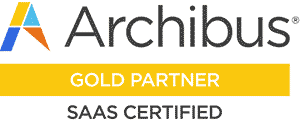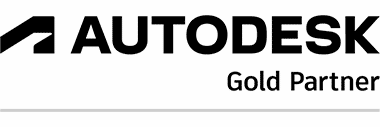
Young pharmaceutic seller explaining something to doctor in a hospital.
In the dynamic landscape of the healthcare industry, fostering workplace flexibility is paramount to meet the diverse needs of both healthcare professionals and the organizations they serve. Here, we delve into five key strategies aimed at creating a more adaptable and responsive healthcare workplace.
Flexible Scheduling Options:
Flexible scheduling lies at the core of workplace adaptability in the health care sector. Compressed workweeks, allowing professionals to condense their standard hours into fewer days, provide extended weekends or additional days off. Part-time schedules cater to those seeking a balance between personal and professional commitments, while job-sharing arrangements enable collaborative responsibility sharing among employees.
Telecommuting and Remote Work Opportunities:
The integration of telecommuting and remote work options introduces a new dimension to workplace flexibility. Administrative roles, such as billing and scheduling, can be seamlessly executed from home, enhancing work-life balance. Additionally, telehealth services offer healthcare practitioners the chance to provide remote care, expanding the reach of services and granting professionals the flexibility to work beyond traditional clinical settings.
Cross-Training and Skill Diversification:
Investing in cross-training initiatives is crucial for building a versatile healthcare workforce. Comprehensive training programs empower professionals to develop skills beyond their primary roles, fostering personal and professional growth. Skill-based task delegation ensures that multiple team members are adept at handling essential responsibilities, promoting resilience during times of increased workload or unexpected absences.
Flexible Leave Policies:
Leave policies play a pivotal role in employee well-being. Unlimited paid time off (PTO) alleviates the stress of limited leave, allowing healthcare professionals to prioritize their well-being and attend to personal matters. Furthermore, flexible use of accrued leave, such as half-day increments or intermittent days off, empowers staff to tailor their time away from work to suit individual needs, contributing to a healthier work-life integration.
Technology Integration for Workflow Efficiency:
Embracing technological advancements enhances workflow efficiency, a critical component of workplace flexibility. Electronic Health Records (EHRs) streamline data management, enabling professionals to access patient information securely from various locations. Telemedicine platforms facilitate remote care delivery, expanding access to services and supporting a more flexible approach to healthcare. Collaboration platforms, fostering effective communication and coordination, enhance connectivity among healthcare teams, regardless of their physical location.
In conclusion, creating workplace flexibility in the health care industry is a multifaceted endeavor that involves reimagining scheduling practices, embracing remote work options, investing in skill development, refining leave policies, and leveraging technology. By implementing these strategies, healthcare organizations can cultivate environments that empower their workforce, enhance job satisfaction, and ultimately improve the delivery of patient care.
Let Robotech CAD Solutions help you find your solution for workplace flexibility. Send a message to info@robotechcad.com or call us at 201-792-6300.



